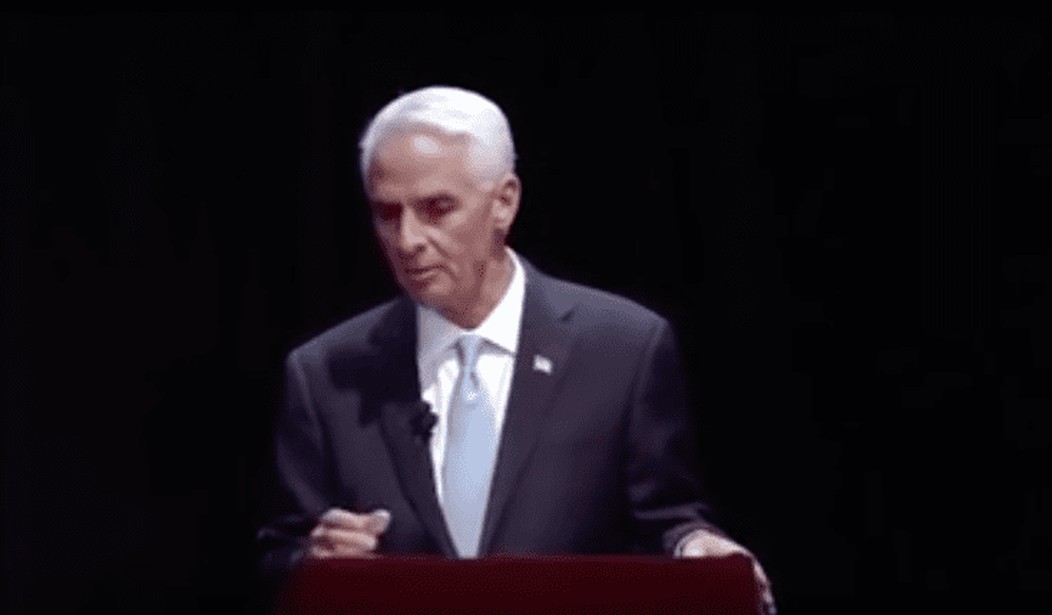A new study out of George Washington University underscores that nearly half of all terrorism charges brought since March 2011 are connected to terrorist groups other than the Islamic State.
“The jihadist threat to America goes far beyond the Islamic State (IS),” writes Sarah Gilkes from GWU’s Project on Extremism. “While there has been a relative surge in the number of U.S. persons radicalized and recruited by the group in the last five years, other jihadist organizations, primarily al-Qaeda, remain popular and active.”
She noted that “many American recruits are driven by a broad counter-cultural idealism, and are less tangled up in the minutiae of the power plays that divide such groups abroad.”
From March 2011 to July 31, 2016, 178 people were charged with terrorism-related offenses in this country; 79 of those had no relation to ISIS.
Thirty-eight percent of those accused of working on behalf of a terrorist group other than ISIS attempted or successfully traveled abroad to locations such as Syria, Yemen, Afghanistan, Somalia, Saudi Arabia, and Pakistan. Forty-six percent of ISIS recruits attempted or completed travel during the same period.
Only four of the people accused of working for terror groups other than ISIS were refugees. Fifty-two of the 79 were U.S. citizens or legal permanent residents, reflecting a trend of truly homegrown jihad. Two were in the country illegally at the time of their arrest, and one was here on a student visa, states the report.
The non-ISIS jihadists were charged in 22 states, with New York having the largest share of cases at 11. Twenty-eight percent of those charged were converts to Islam.
The terror-related arrests involved not just those planning or conducting attacks but fundraisers and recruiters. The tally includes only Salafi jihadist groups and does not include arrests linked to groups like Hezbollah or Iran’s Revolutionary Guard Corps.
Group affiliations of non-ISIS U.S. jihadists include al-Qaeda and its global branches in the Arabian Peninsula and Maghreb, the Afghan and Pakistani Taliban, and other Qaeda-allied groups such as Al-Shabaab, Mali’s Ansar Dine, and the Islamic Jihad Union in Uzbekistan.
“It is apparent that the U.S. is home to a small but active number of individuals inspired by the global jihadist movement, regardless of group affiliation,” the report continues. “But the scale of the recent mobilization of U.S. citizens and residents in the cause of the movement is unprecedented.”
On Sept. 11, House Intelligence Committee Chairman Devin Nunes (R-Calif.) warned that al-Qaeda “continues to metastasize.”
“And, and I’m concerned that we’re not paying close enough attention to the growth of radial jihadism globally,” he told CBS. “…Al-Qaeda’s very, very good at seeding people and waiting. They’re very patient… They’re spreading, they’re spreading, you know, globally, very, very slowly.”
“We just don’t know where these guys are hiding. And it’s hard to track them because of encryption now on the internet. It’s not as easy as what it once was a decade ago.”









Join the conversation as a VIP Member